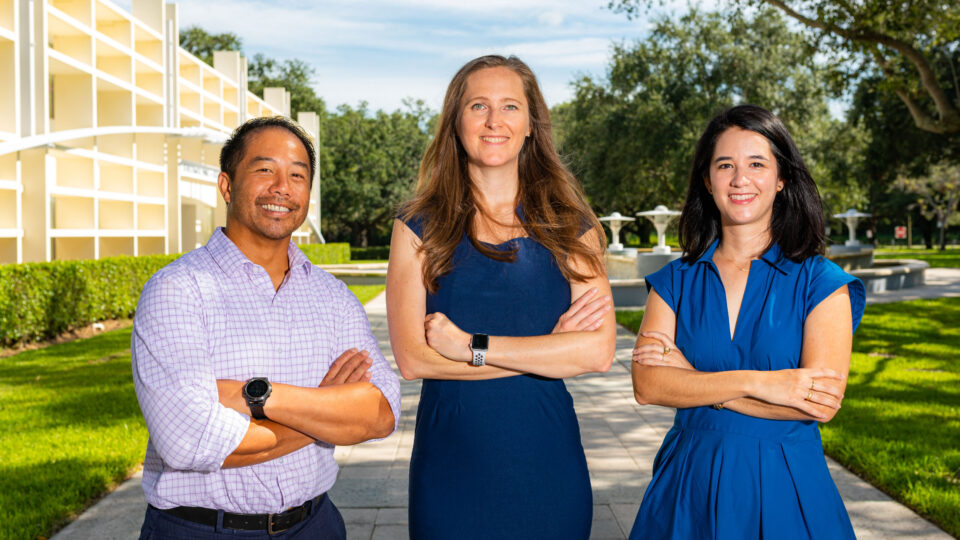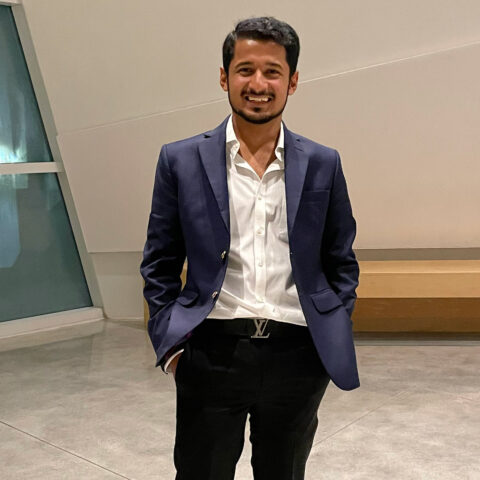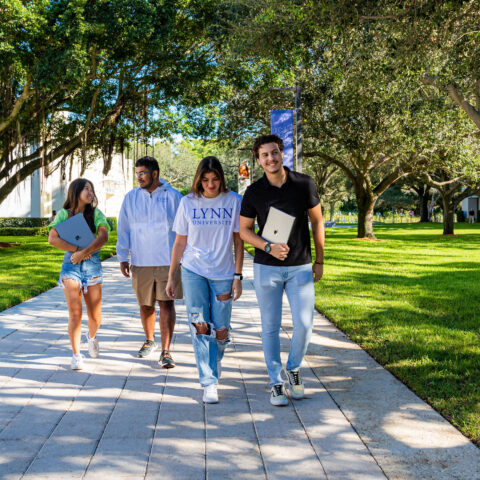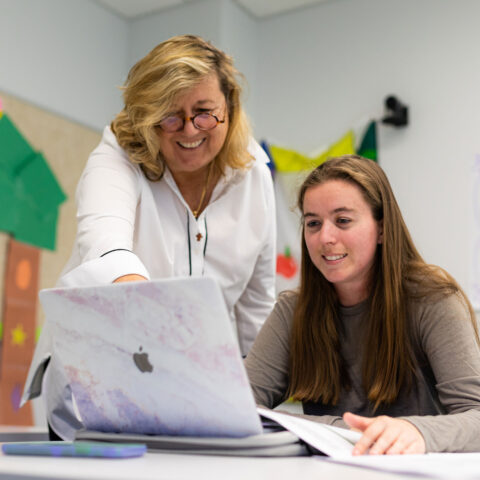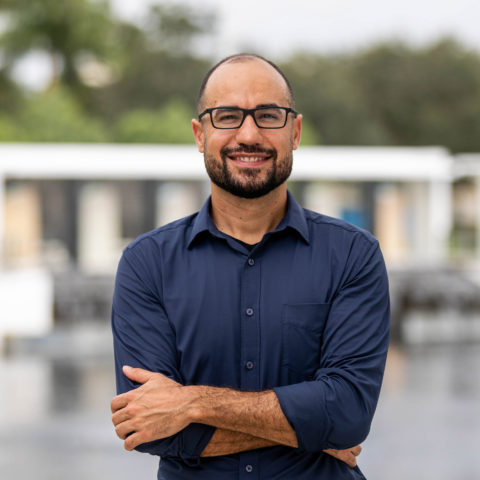Lynn University believes in educating future professionals, practitioners and researchers beyond lectures and textbooks. As early as their first year, students can participate in practical experiences and gain real-world insight into their desired professions, leading to improved academic performance and confidence.
The approach works according to Cassandra Korte, associate professor, scientific literacy and biology.
"Getting students involved in hands-on research at the undergraduate level truly gets them excited and engaged in the classroom," said Korte. "Having the opportunity to do research in a laboratory setting early in a student's academic career helps them build confidence but also helps them further define their career goals."
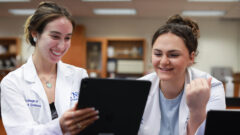
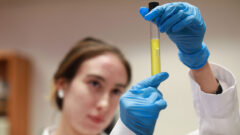
Korte and Erika Doctor, associate professor of forensic science, recently published a paper on the importance of course-based undergraduate research experiences in an organic chemistry lab. For the study, biology students designed methods for analyzing human samples to assess exposure to potentially harmful plasticizing chemicals. Korte and Doctor found that the series of laboratory modules enabled students to develop their analytical skills.
Location, location, location
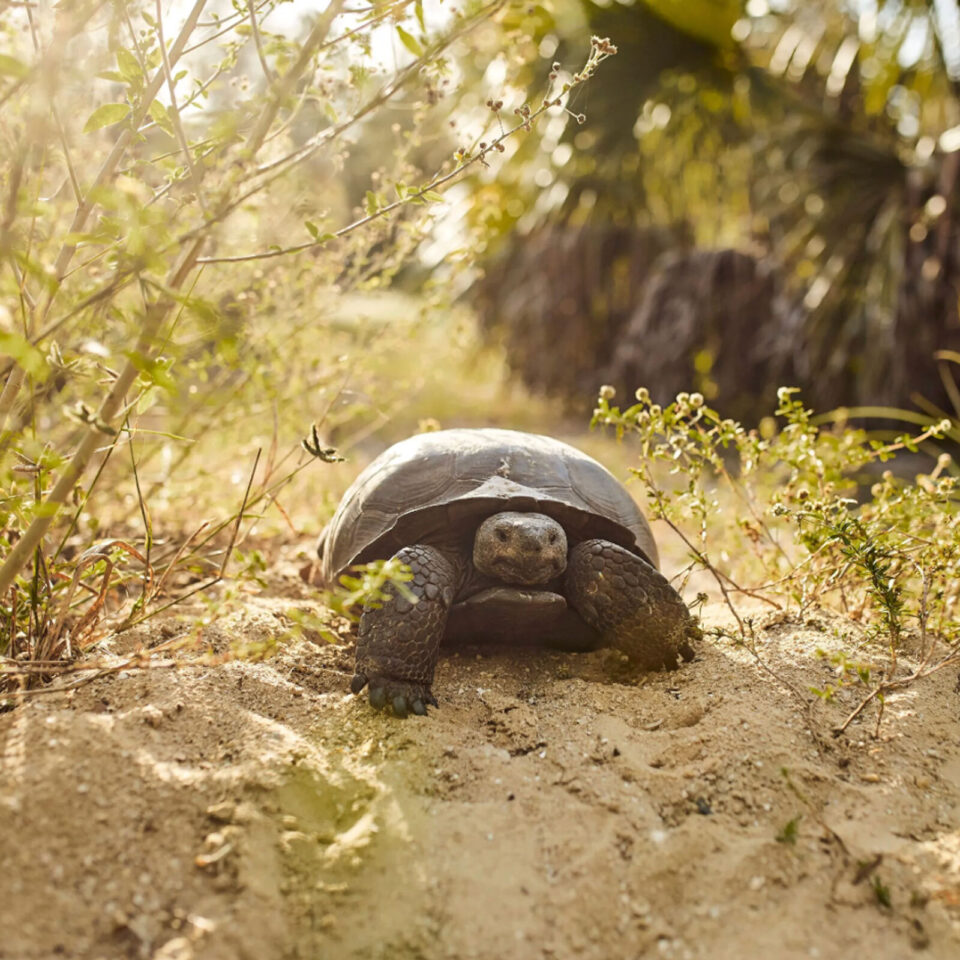
Lynn's South Florida location is a research haven for scientists, offering an abundance of ecological and biological sites. There are many unique ecological communities to explore near campus that provide opportunities to study the effects of climate change and sea level rise. This makes it easy for Lynn professors to continue their own research while allowing students to practice experimental research. Wayne Law, associate professor, scientific literacy, studies how different management practices influence biodiversity in local scrub communities. With multiple scrub communities within walking distance of Lynn's campus, he and his students often work on-site to identify and classify plant species in danger of being put on the Red List of Threatened Species. "Having the opportunity to work with an endemic wildlife species like the gopher tortoise right in Lynn's backyard is something only this area of South Florida can provide," said Law.
Nurturing enthusiasm for STEM
Alanna Lecher, associate professor of environmental science, has conducted studies that have taken her worldwide, including the Arctic Ocean, the California coast, the Gulf of Mexico, the Gulf of Aqaba in Israel and all around Florida. Recently, she worked with a team of Lynn students to excavate two archaeological sites at South Inlet Park, revealing that groundwater is submerging the sites in water long before a rising sea level would flood them.
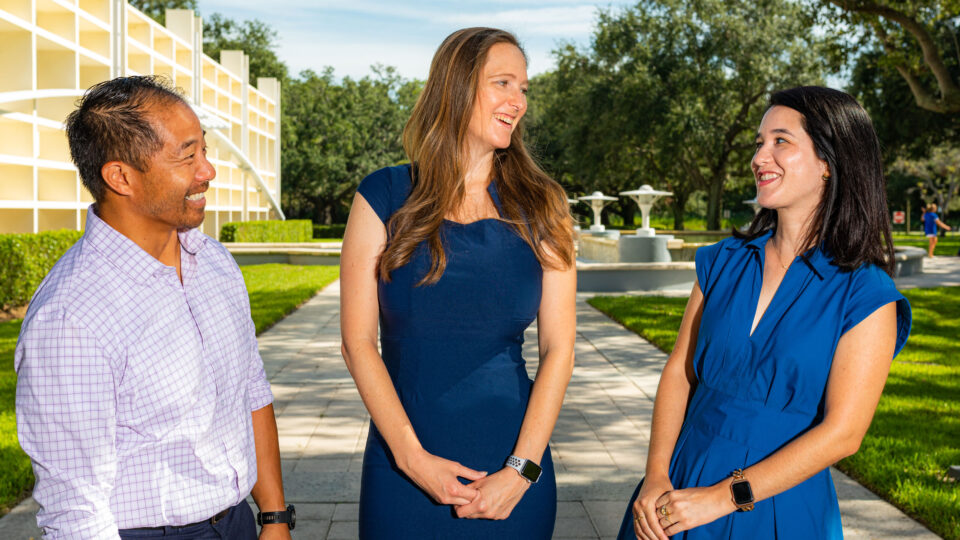
"Twenty years ago, you could have easily found an all-male geology field at any university," said Lecher. "Now, more and more women are choosing to go into environmental science programs as their field of study. In most natural science degree programs, you'll find an almost even split of male to female students."
During Women's History Month this year, Professor Lecher organized the inaugural Women in Environmental Science Conference to help foster continued interest in STEM.
High school and community college students from the surrounding area, as well as Lynn undergraduate students, were all invited to participate in the day's events, which included interactive research discussions, skills workshops in archaeology, chemistry and biology, networking opportunities, and a discussion on what it means to be a woman in environmental sciences.
"It was an exciting day where we discussed women-specific topics when it comes to working in a science-related field," said Lecher. "Our goal was to share why female students should be interested in pursuing a degree and subsequent career in science, and we plan to host future Women in Environmental Science Conferences to continue the dialogue with students interested in pursuing a career in the sciences."
